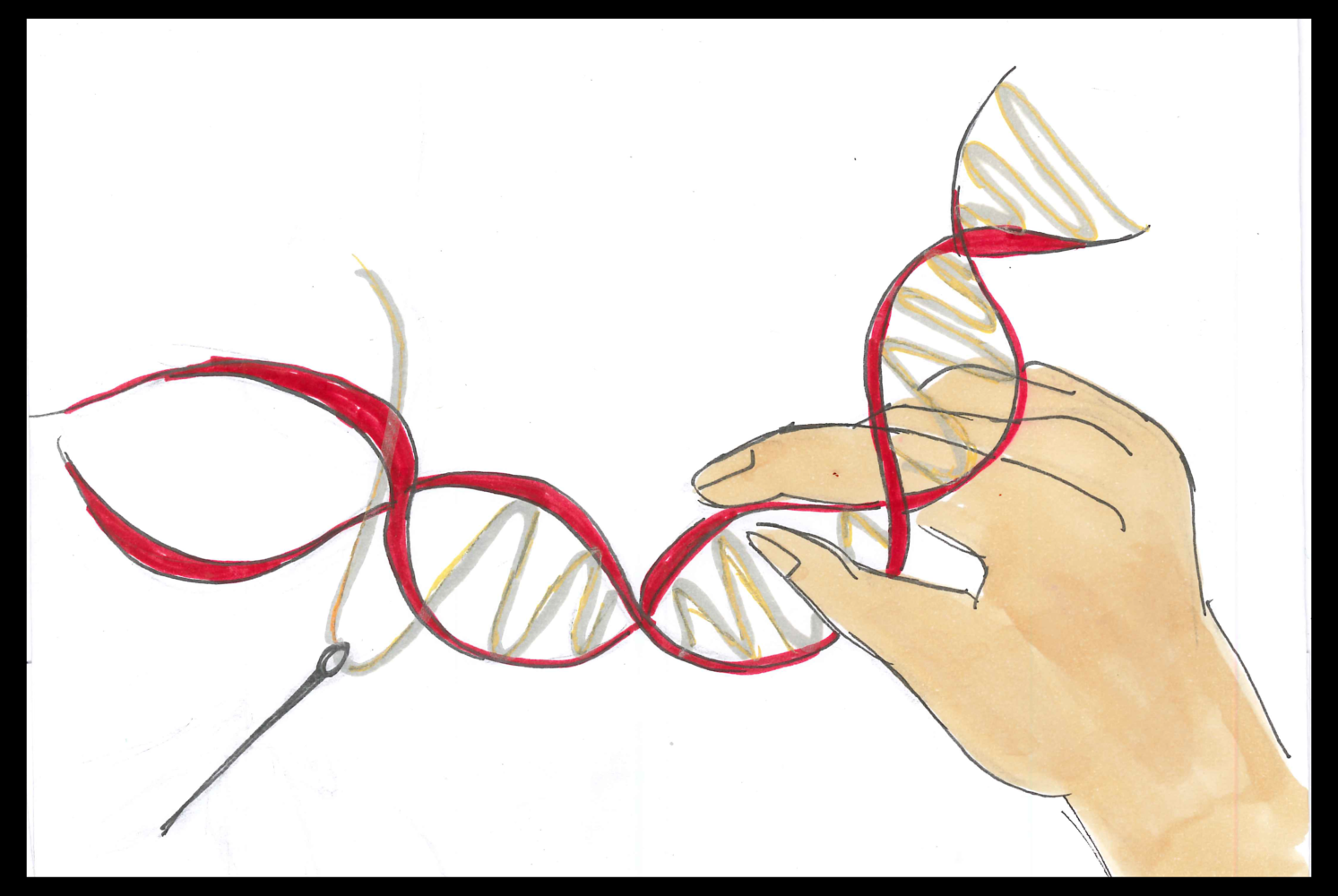Background: On Nov. 25, 2018, Chinese researcher He Jiankui claims that he helped make the world’s first genetically modified babies – twin girls born this month whose DNA He altered with the goal of making the babies resistant to HIV infection.
Few Chinese people realized that gunpowder could be used in war when they were simply using it as fireworks to celebrate a new year; when we decide to stop talking to the person next to us and dwell in the little device between our hands, most of us can hardly imagine that originally the purpose of the Internet was to draw individuals closer, instead of the opposite.
History teaches us that technologies oftentimes end up making a different impact from their initial purposes.
Similarly, if we could modify genes to avoid diseases, who could assure us that soon we won’t be modifying the genes of our children for better eyes, hair, and IQs? The technology of genetic modification would no longer be a solution to diseases but an abusive tool, making the privileged more privileged and pushing the discriminated to the very edge of society.
There is a general distrust among us; a distrust not of technology but of human nature. Gunpowder will always be gunpowder, but it can be used differently during wartime and peacetime, depending on people’s will. CRISPR might be able to cure a person from HIV.; it can also create a brand new social structure that parallels Aldous Huxley’s Brave New World, where the class of a person is predetermined in embryo stage for higher efficiency of the society as a whole. This is the reason why scientific research must be supervised and carried out by those who are not only competent scientists but also responsible and ethical citizens who understand their moral duty.
When Chinese physicist He Jiankui claimed that he had altered the genomes of embryos in vitro and implanted them in the mother, he crossed the line. While experts have already explained that the risk of unintended and undetected mutations brought about by genetic modification is considerable, it perhaps poses a greater danger to our social structure and order as an entity. If He’s experiment is true, countries are exposed to a tool that they have yet to learn to use properly, a variable that they have yet to learn to regulate. It puts the fairness and justice of our society into question. Access to such technology must be determined by some factors, whether it’s wealth or power; irresponsibly declaring the success of such an experiment in the name of “making human progress” will only encourage even more socioeconomic disparity than the status-quo.
“If true, this amounts to unethical and reckless experimentation on human beings, and a grave abuse of human rights,” said Marcy Darnovsky, Executive Director of the Center for Genetics and Society, a public interest organization that brings social justice and human rights perspectives to human biotechnologies.
For better or for worse, human beings never stop trying to take their evolution into their own hands. Overwhelmed by his own sense of accomplishment, He Jiankui expresses that he is “proud” of his experiment during an interview with CNN. On second thought, He’s remark suddenly seems less ridiculous and even somehow representative of our ambitious generation. Each day, we are amazed by the technological advancements we have achieved and how much these advancements have made our lives easier, happier, and more fulfilled. We are accelerating with high hopes at an exponential pace towards our brave new world. Behind our footprints, we leave an utter void of humanity.

























